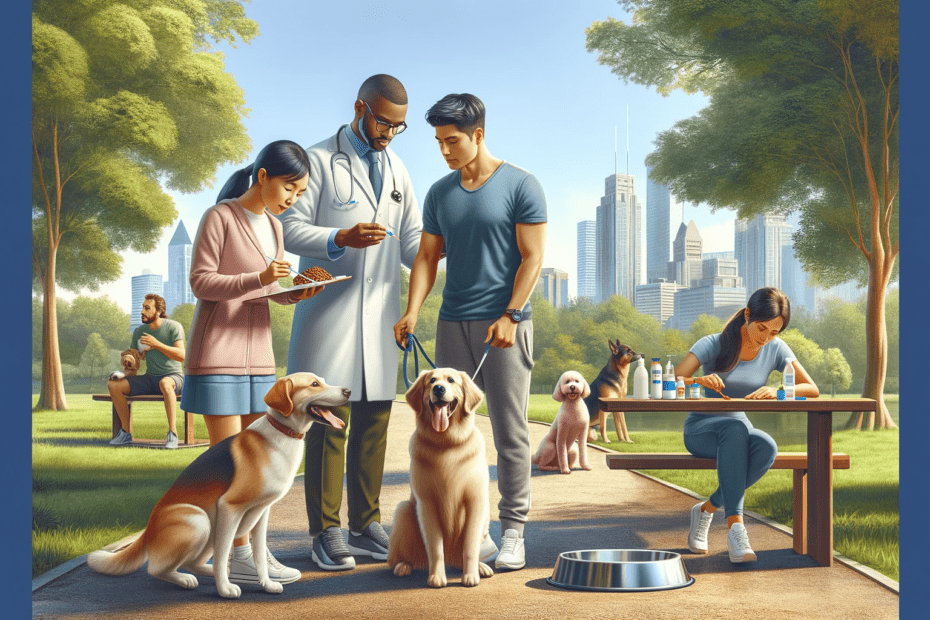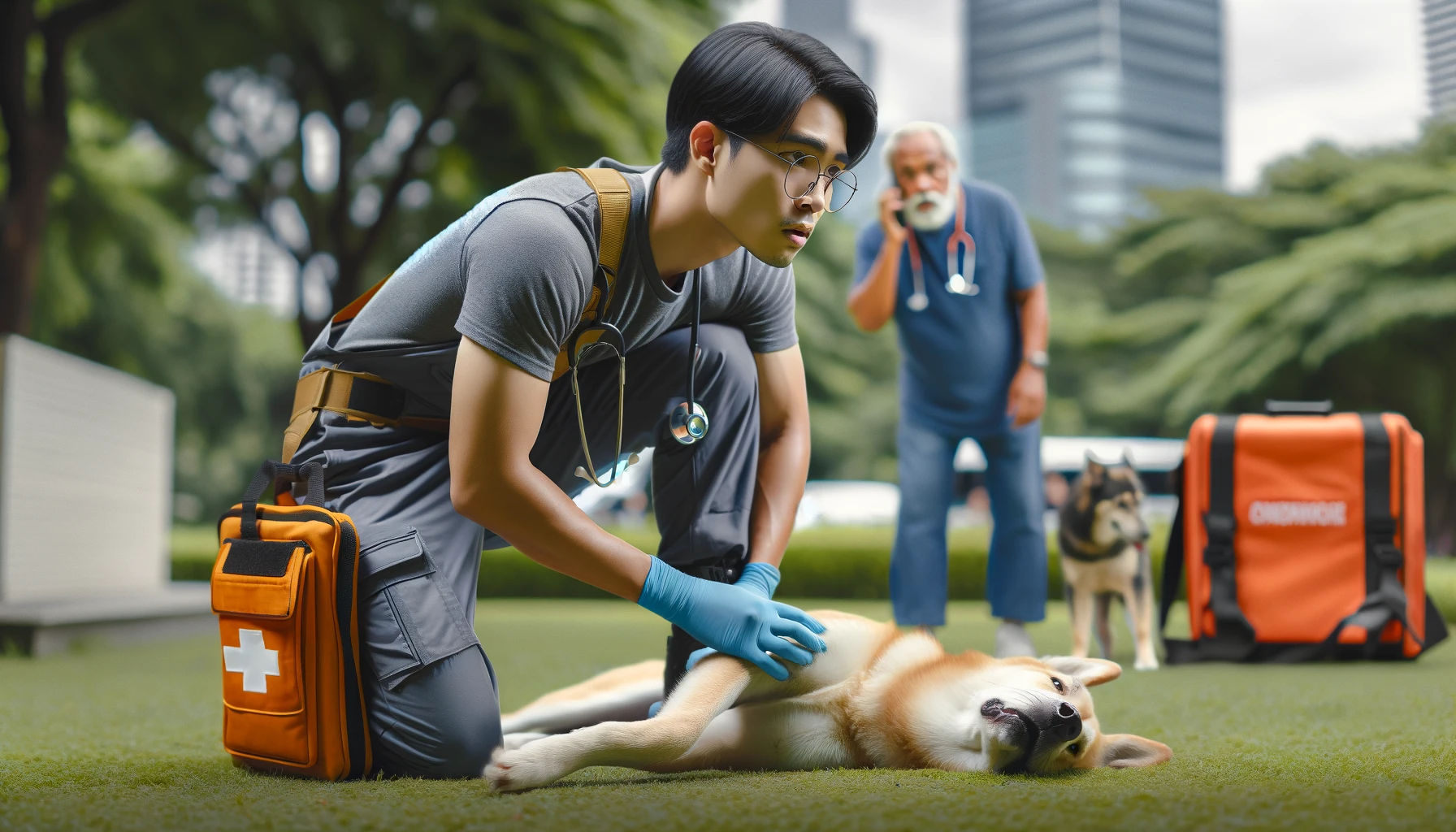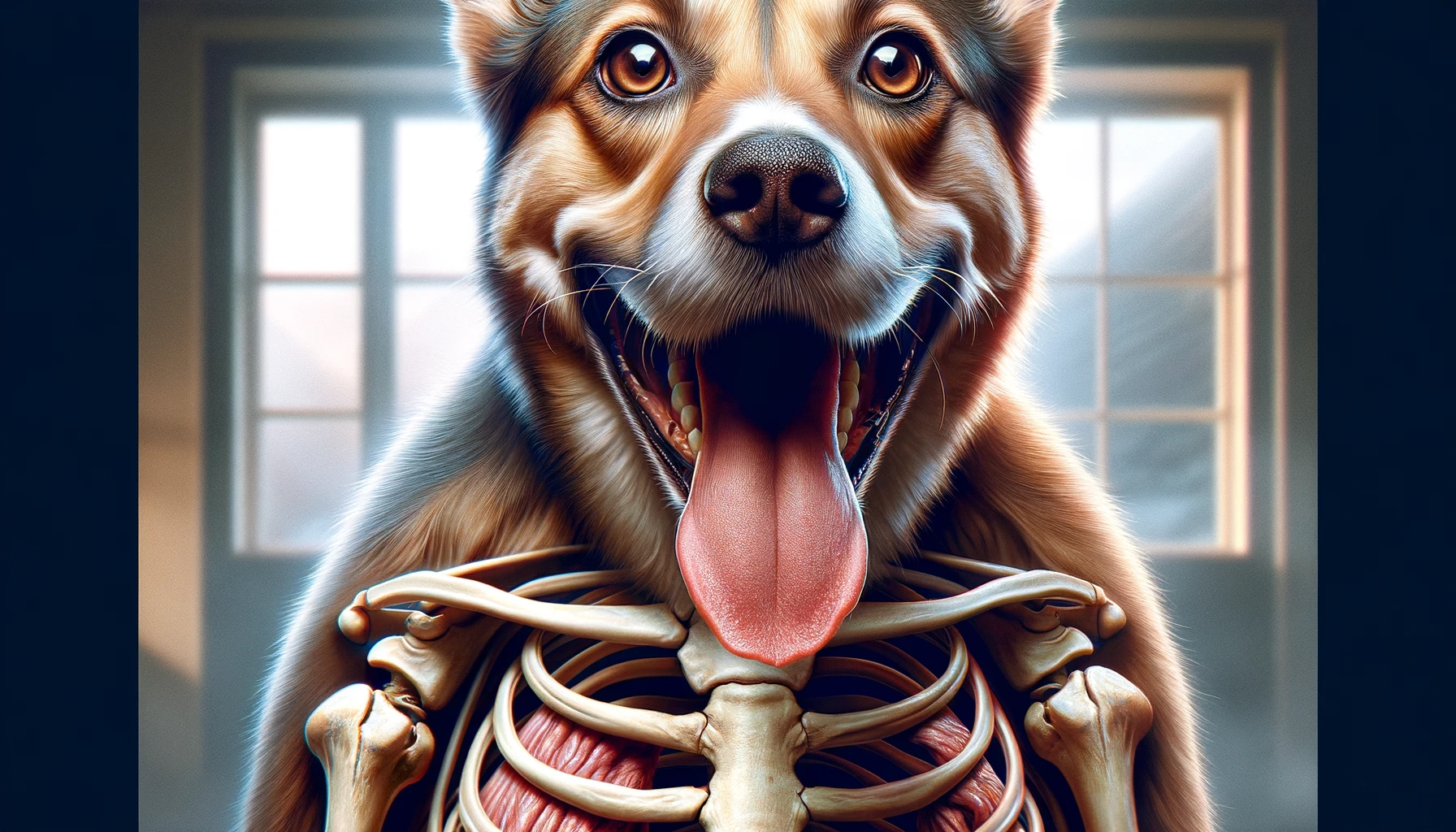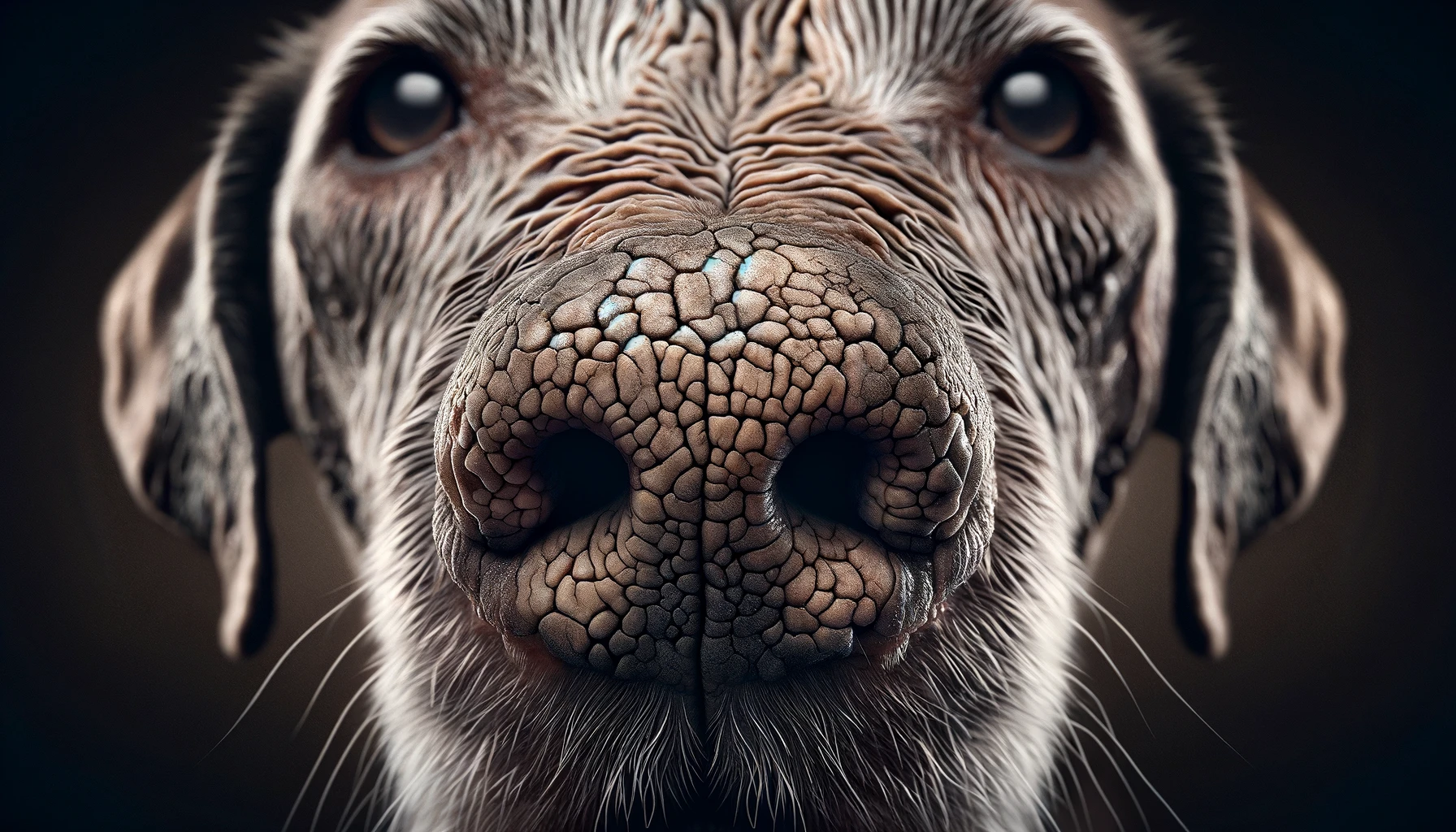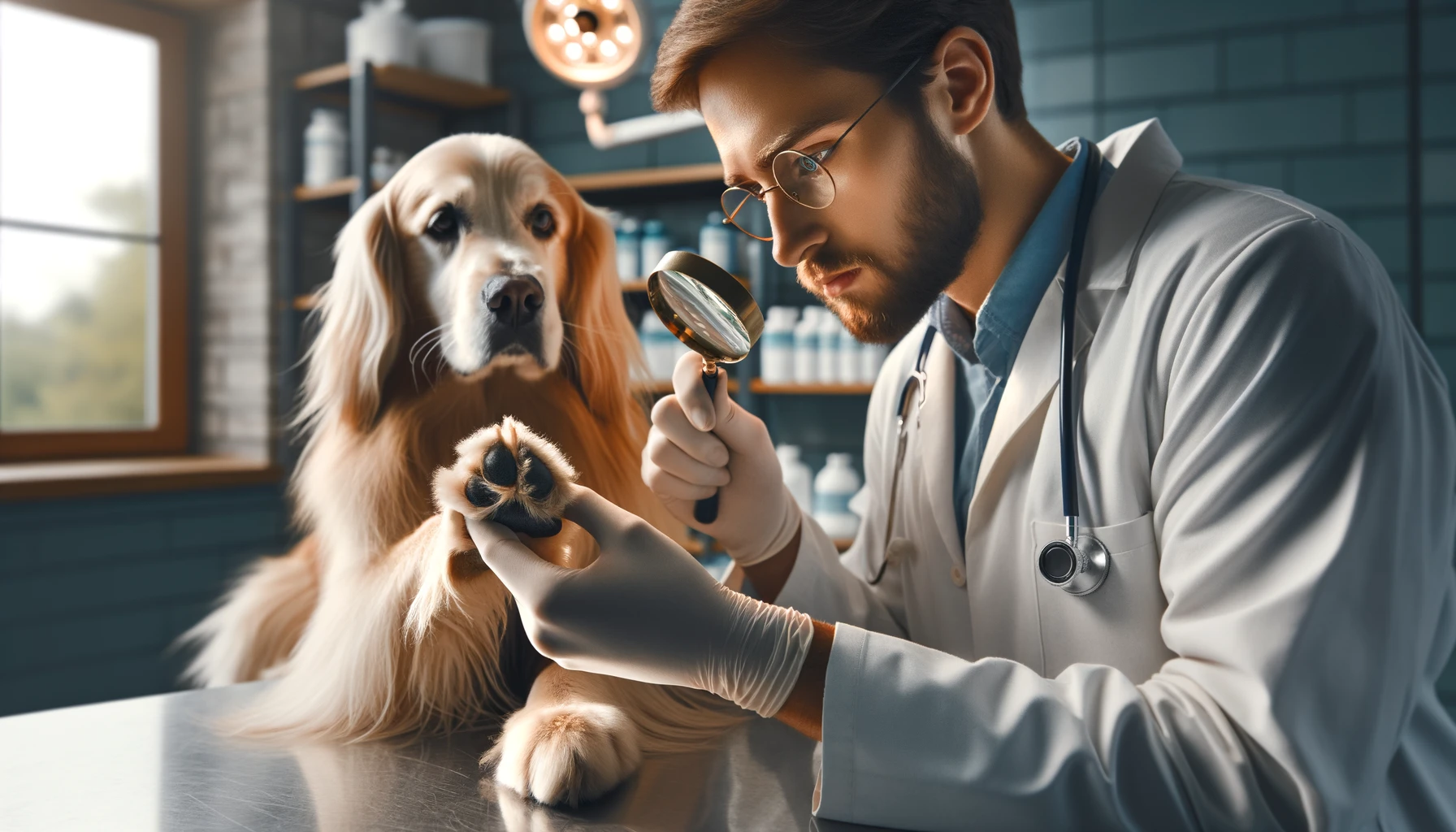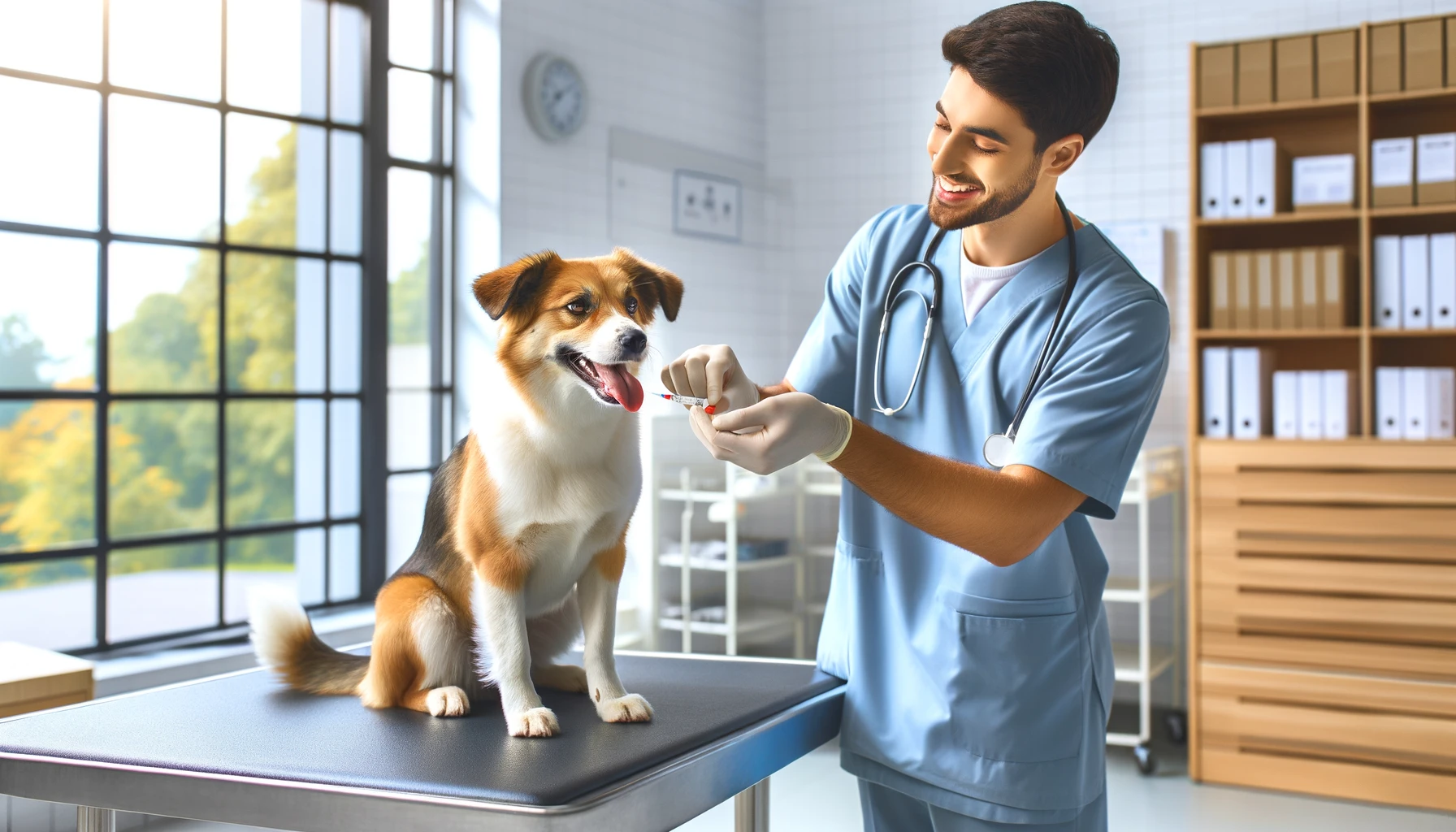Are you looking to keep your furry friend healthy and happy? Look no further!
In this article, we will share with you five essential preventive measures for dog health problems.
From regular veterinary check-ups to a balanced diet and exercise, vaccinations, and dental care, we've got you covered.
By implementing these preventive measures, you can ensure that your dog stays in top shape and enjoys a long, fulfilling life by your side.
Key Takeaways
- Schedule regular veterinary check-ups
- Feed a balanced diet based on age, size, and activity level
- Engage in regular physical activity and exercise
- Ensure vaccinations and preventive medications are up to date
Regular Veterinary Check-ups
Make sure to schedule regular veterinary check-ups for your dog. These check-ups are essential for maintaining your dog's overall health and well-being. During these visits, your veterinarian will be able to assess your dog's physical condition, detect any potential health issues, and provide necessary preventive care.
Regular veterinary check-ups play a crucial role in ensuring that your dog's grooming needs are met. Your veterinarian can advise you on the appropriate grooming routine for your dog's breed and individual needs. This may include regular brushing, nail trimming, and ear cleaning. By keeping up with regular grooming, you can help prevent skin infections, matting, and other grooming-related problems.
In addition to grooming, parasite control is another important aspect of regular veterinary check-ups. Your veterinarian can assess your dog for any signs of fleas, ticks, or other parasites. They can recommend appropriate preventive measures, such as topical treatments or oral medications, to keep your dog protected against these pests. Regular check-ups also allow your veterinarian to monitor your dog's overall parasite control program and make any necessary adjustments.
Balanced and Nutritious Diet
To maintain your dog's overall health and well-being, it's crucial to provide them with a balanced and nutritious diet. A proper diet not only ensures that your dog receives the necessary nutrients for growth and development but also plays a vital role in preventing various health problems.
Here are four essential aspects to consider when it comes to your dog's diet:
- Training techniques: Incorporating training techniques during mealtime can be beneficial for both mental and physical stimulation. Using food puzzles or interactive toys can engage your dog's mind and make mealtime more enjoyable.
- Portion control: It's important to feed your dog the appropriate portion size based on their age, size, and activity level. Overfeeding can lead to obesity, which increases the risk of various health issues such as joint problems and heart disease. Consult your veterinarian to determine the right portion size for your dog.
- Quality ingredients: Choose dog food that contains high-quality ingredients and meets the nutritional standards set by regulatory bodies. Look for options that include lean proteins, healthy fats, and a variety of fruits and vegetables to ensure a well-rounded diet.
- Dietary restrictions: Some dogs may have specific dietary restrictions due to allergies or sensitivities. It's important to identify and avoid any ingredients that may trigger adverse reactions in your dog. Consulting with your veterinarian can help you determine the best diet for your dog's specific needs.
Regular Exercise and Physical Activity
To maintain your dog's overall health and well-being, it's important that you regularly engage them in physical activity and exercise. Just like humans, dogs need regular exercise to stay healthy and happy. Regular exercise not only helps to keep your dog physically fit, but it also provides mental stimulation and prevents behavioral problems.
One of the key benefits of regular exercise is the importance of mental stimulation. Dogs are intelligent animals and need mental stimulation to keep their minds sharp. Physical activity provides an opportunity for your dog to explore the environment, sniff new scents, and interact with their surroundings. This mental stimulation helps to prevent boredom and can reduce the chances of your dog engaging in destructive behaviors, such as chewing on furniture or excessive barking.
Outdoor playtime is another important aspect of regular exercise for your dog. Being outdoors allows your dog to experience different sights, sounds, and smells, which can be stimulating and exciting for them. Outdoor playtime also provides an opportunity for socialization with other dogs, which is crucial for your dog's social development.
Vaccinations and Preventive Medications
Ensuring your dog's health and well-being involves administering necessary vaccinations and preventive medications. Here are four important reasons why these measures are crucial for your furry friend:
- Protection against Canine Diseases:
Vaccinations are essential to protect your dog from a wide range of diseases, such as distemper, parvovirus, and rabies. These diseases can be life-threatening and can spread rapidly among dogs. By keeping your dog up-to-date on vaccinations, you're greatly reducing the risk of them contracting these illnesses.
- Prevention of Fleas and Tick Infestations:
Fleas and ticks aren't only annoying but can also transmit diseases to your dog. Preventive medications, such as flea and tick treatments, help keep these pests at bay. Regular use of these medications can save your dog from discomfort, itching, and potential health issues caused by flea and tick infestations.
- Long-term Cost Savings:
Investing in preventive medications and vaccinations may seem like an added expense, but it can save you money in the long run. By preventing diseases and infestations, you're avoiding costly veterinary bills that may arise from treating these conditions.
- Peace of Mind:
By ensuring your dog receives necessary vaccinations and preventive medications, you can have peace of mind knowing that you're doing everything possible to protect their health. It allows you to enjoy the company of your furry companion without worrying about potential health problems.
Dental Care and Oral Hygiene
Maintaining your dog's overall health and well-being extends to their dental care and oral hygiene. Just like humans, dogs need regular dental care to prevent dental problems such as gum disease. One of the most effective ways to ensure good oral hygiene for your furry friend is to regularly brush their teeth with a dog toothbrush. Using a dog toothbrush and toothpaste specifically formulated for dogs can help remove plaque and tartar buildup, preventing gum disease and other dental issues.
Gum disease, also known as periodontal disease, is a common problem in dogs. It occurs when bacteria in the mouth form plaque, which then hardens into tartar. Tartar buildup can lead to gum inflammation, pain, and eventually tooth loss if left untreated. Regular brushing with a dog toothbrush can help remove plaque and prevent the formation of tartar, keeping your dog's gums healthy.
In addition to regular brushing, it's important to schedule regular dental check-ups with your veterinarian. They can examine your dog's teeth and gums, and perform professional cleanings if necessary. Your veterinarian can also provide guidance on how to best care for your dog's teeth at home, including recommendations for dental products and techniques.
Frequently Asked Questions
Can I Rely Solely on Regular Veterinary Check-Ups to Keep My Dog Healthy, or Are There Additional Preventive Measures I Should Take?
You shouldn't rely solely on regular vet check-ups. There are alternative preventive measures you should take for your dog's health. Regular grooming is important to keep their coat clean and prevent skin problems.
How Can I Ensure That My Dog's Diet Is Balanced and Nutritious?
To ensure your dog's diet is balanced and nutritious, focus on meeting their nutritional requirements. Consult with a veterinarian to determine the appropriate food type, portion size, and frequency of feeding.
What Are Some Creative Ways to Keep My Dog Physically Active and Engaged in Regular Exercise?
To keep your dog physically active and engaged in exercise, try using creative dog toys and interactive training methods. These can provide mental stimulation and help prevent behavior problems.
Are There Any Alternative Options to Vaccinations and Preventive Medications for Preventing Health Problems in Dogs?
There are alternative options to vaccinations and preventive medications for preventing health problems in dogs. Holistic remedies, such as natural supplements and proper nutrition, can support their immune system and overall well-being.
What Are Some Effective Ways to Maintain My Dog's Dental Care and Oral Hygiene at Home Between Professional Cleanings?
To maintain your dog's dental care and oral hygiene at home between professional cleanings, try using home remedies like brushing their teeth regularly with a dog-friendly toothpaste, providing dental chews, and using natural products like coconut oil or parsley for fresh breath.
Conclusion
Overall, taking preventive measures for your dog's health is crucial in ensuring their well-being.
By scheduling regular veterinary check-ups, providing a balanced diet, engaging in regular exercise, administering vaccinations and preventive medications, and maintaining proper dental care, you can significantly reduce the risk of health problems for your furry friend.
Remember, a healthy dog is a happy dog, so make these preventive measures a priority in your pet's life.
Stay informed and consult with your veterinarian to provide the best care possible.
